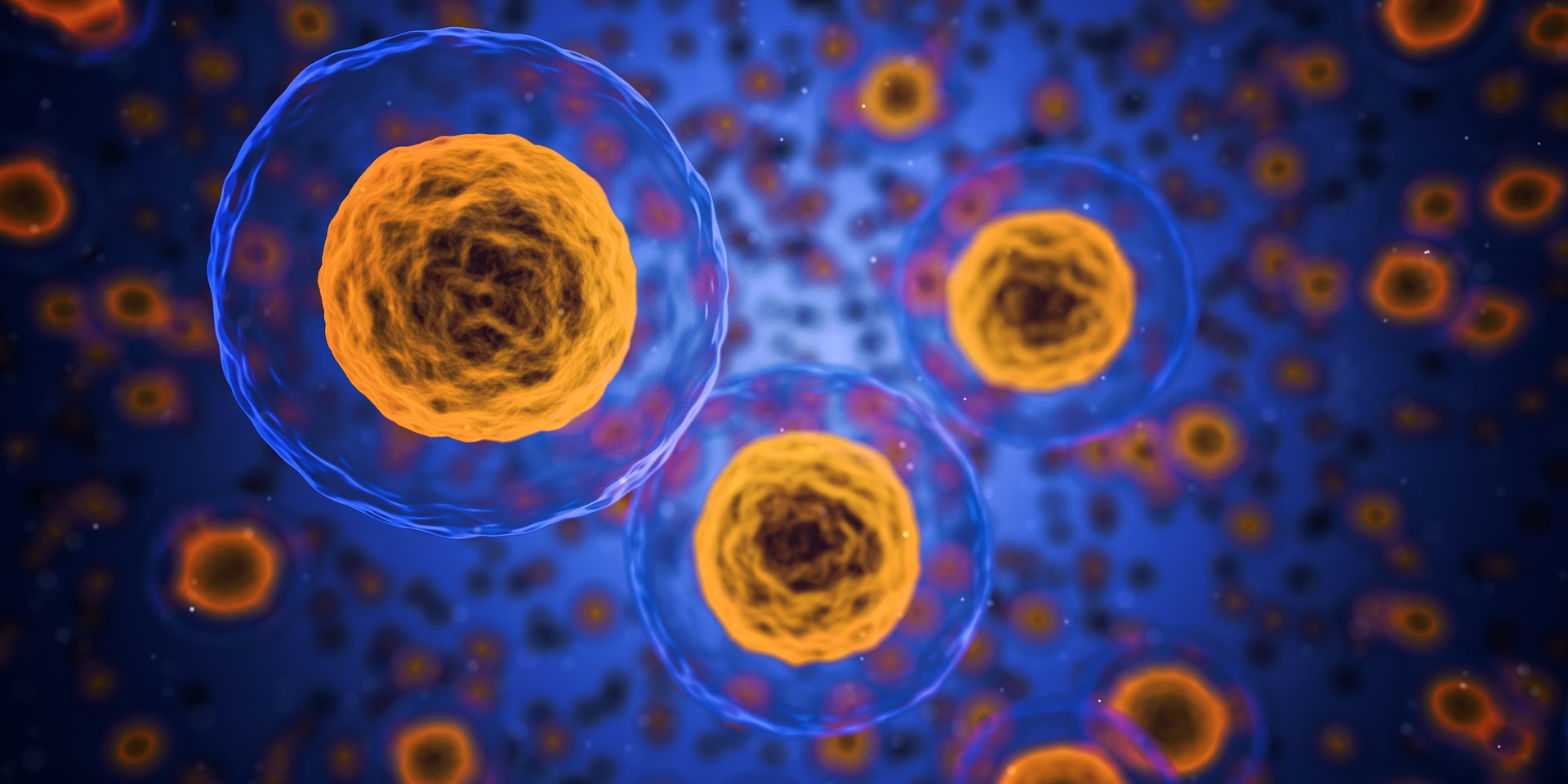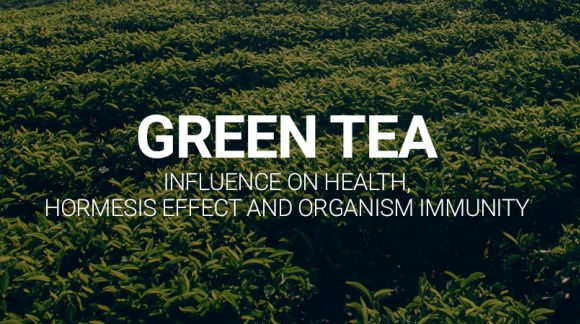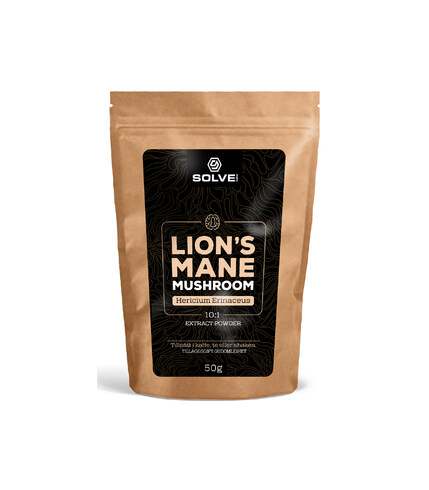Fasting, starvation diets, food windows. autophagy - a way to biological regeneration?

The human body, like every living creature, needs various components to function - building, energy or regulatory. The basic ones are known to everyone: protein, fat, carbohydrates, vitamins, minerals and water. Without adequate supply of individual substances, development and proper functioning would be impaired. In everyday life, depending on the diet, we regularly provide smaller or larger amounts of the necessary substances. Does it make our bodies function properly, we feel good and we are fully healthy? Unfortunately, not entirely.
The 21st century, along with the progress and development of technology, brings us a number of health risks, including: autoimmune diseases and other disorders of the immune system, allergies, obesity, diabetes, hypertension, mental diseases (depression, neurosis, addictions). These are diseases known as civilization diseases, it is estimated that they cause 80% of all deaths.
In a large number of diseases, appropriate adaptation of the diet can noticeably improve the condition of the patient or reduce the risk of death, and even more prevent the disease in healthy people. In addition to changes in the qualitative and quantitative selection of products, various additional methods, referred to in the title, can be used - in some people they may have a positive effect.
For many people, the very word "diet" means starving. In fact, it stands for a diet, and has nothing to do with starvation - both eating hamburgers and washing them down with beer or eating porridge with fruit is a diet, but it can be assessed as good or bad. On the other hand, we talk about fasting as a period without eating food. In alternative medicine, as well as in some nutritional models, you can find the use of periodic fasts.
Autophagy - what is it?
In 2016, Japanese biologist Yoshinori Ōsumi won the Nobel Prize in Physiology / Medicine for his discovery of the mechanisms of autophagy. This process was mentioned for the first time in the 1960s, but little was known then. It is currently assumed to be a catabolic * process consisting in the controlled breakdown by the cell of chemical particles, cell fragments. It is carried out by eukaryotic organisms (that is, also by humans). In simple terms, the body under physiological conditions degrades and removes unnecessary, damaged intracellular proteins and organelles. A similar process is apoptosis, or programmed cell death. What does this mean for us?
It is primarily the removal of damaged parts, which can replace them with new ones using substances formed after decay. In pathological situations, this process enables survival: for example, during fasting, nutrients and energy are deficient. In order to survive, the body must find an energy source to maintain life processes, then the autophagy process intensifies and catabolic processes take place more widely than at the level of damaged cells - resources, sugars, fat and ultimately proteins from muscles are used up. So you can call it the body eating its own body.
Benefits of Autophagy
Catabolic and counter-anabolic processes continue without interruption. Autophagy is intensified by exposing the body to stress, such as starvation. Various sources say a period of 72 hours. It is important to note that this process is not fully understood and there is no hard evidence for a specific effect on the entire body, and everything is under research. Scientists suspect that manipulating autophagy (increasing or inhibiting it) may affect immunity, cancer treatment, Alzheimer's disease and other neurodegenerative diseases or selected heart diseases.
One of the theories about the improvement of the immune system by fasting is that after 72 hours the number of white blood cells decreases, and after eating the first meal, the body rebuilds an "army of immune cells" with new leukocytes.
Subjective feelings in short-term fasting
Many people praise the methods of short-term fasting described above to "reset" the body, and they may be right. From the scientific point of view, however, you cannot look subjectively because ultimately it is about discovering the truth and not proving at all costs that something works. People's own opinions and observations are called anecdotal evidence and can be taken into account, but not as certainties:
„Fasting and their positive impact on the body are a natural phenomenon (we did not always have refrigerators and ready food), therefore our body, as a result of adaptation, adapted to periods without food and during them put us in" hunter "mode so that we could get food. Hence the perceived improvement in focus and clarity of thinking as well as the management of damaged cells and their transformation into new ones, health with the process of autophagy.”
When it comes to the objective scientific view, the positive effects of the so-called healing fasting, which is well described in the literature review "Starvation by choice - health consequences". The authors point to possible benefits there:
- Removal of toxins from the body (some authors mention this, but not clinically confirmed)
- Improving your well-being
- Appetite contro
- Improving glucose tolerance and increasing insulin sensitivity
- Improving the parameters of the lipid profile
Long-lasting starvation
While the short fast mentioned above may theoretically bring benefits to the body, it should be remembered that a longer period without eating brings more losses than benefits. This can lead to a slower metabolism, loss of muscle mass, dysfunction of organs and the nervous system, and eventually even death. In addition, in people who starve a long time after reintroducing nutrition, the so-called Reefeding Syndrome - in people who are starving, they develop serious electrolyte disturbances, and after prolonged starvation and sudden nourishment, paradoxically these disorders worsen and lead to death. This phenomenon was observed during the liberation of the camps during the Second World War, where Allied soldiers caused their death by feeding the released people. So, when testing cleansing and autophagy, it is worth being reasonable, and the recently fashionable "detox" and "900 calorie diets" or long-term fasting are not a good solution.
Intermittent Fasting
It is one of the interesting nutritional models strongly promoted by the advocates of increasing autophagy. It assumes eating only at certain times, the so-called "Eating window", while outside this window, only water is consumed. There are two methods for creating eating windows: eating at certain times of the day or eating on certain days during the week. For example:
- 5: 2 - five days of eating, two days of fasting
- Eating every other day
- 16/8 - 16 hours of fasting, 8 hours of eating per day
Some studies show that IF by determining better caloric use by the body, it produces better weight loss results. However, there are others (meta-analyzes - the strongest evidence) that do not show the superiority of IF over traditional diet in terms of weight loss. From the point of view of people who train competitively (several times a day, intensively) and want to build muscle mass, IF has some disadvantages - even the low frequency of protein supply, which hinders the occurrence of anabolic processes (although it does not prevent it), which in turn is logical because IF is intended intensify autophagy, i.e. a catabolic process.
A modern dietitian relies on the regular consumption of meals consisting of the right amount of ingredients. IF deviates from this concept, however, it is important to state that “the best diet is one that can be sustained” and for many people, eating within a certain nutritional window may be convenient. So this is a model that may be useful for some people, but it should certainly not be used as a golden mean, and when it comes to autophagy, it is possible that IF will increase it and bring beneficial results, but so far there is no evidence for this. so don't be too enthusiastic.
Summing up, autophagy is an important process for the body - it enables the removal of damaged elements and, in extreme cases, survival. On the other hand, as a catabolic process, it can have negative effects and even cause havoc in the body. Short-term fasts may exacerbate the phenomenon of autophagy and have a positive effect on the body, but there is no conclusive scientific evidence at the moment.
*Catabolic and anabolic processes according to Wikipedia: the entire chemical reaction of the metabolism leading to the breakdown of complex chemical compounds into simpler molecules. The opposite of anabolism. The exo-energetic reaction, releasing energy, the substrates must be of a higher level of energy and the products of a lower level.
In simple words: catabolism is breaking down, anabolism is building.
Bibliography:
Celina Cybulska, Emilia Marcinkowska, Marian Grzymisławski "Głodowanie z wyboru — konsekwencje zdrowotne", Uniwersytet Medyczny im. Karola Marcinkowskiego w Poznaniu
Dereń-Wagemann I., Kiełbiński M., Kuliczkowski K.,Autofagia – proces o dwóch obliczach, Acta Hematologica Polonica, 44 (2013), s. 383-391
Johnna Doherty, Eric H. Baehrecke, Life, death and autophagy, „Nature Cell Biology”, 2018
Congcong He Exercise–induced BCL2–regulated autophagy is required for muscle glucose homeostasis Nature. 2012 Jan 18
Mehrdad Alirezaei Short-term fasting induces profound neuronal autophagy Autophagy. 2010 Aug 16
PAP Nauka w Polsce – „Autofagia ma dwie twarze”
Harris L, McGarty A, Hutchison L, Ells L, Hankey C. Short-term intermittent energy restriction interventions for weight management: a systematic review and meta-analysis. Obes Rev. 2018;19(1):1-13.
Headland M, Clifton PM, Carter S, Keogh JB. Weight-loss outcomes: A systematic review and meta-analysis of intermittent energy restriction trials lasting a minimum of 6 months. Nutrients. 2016;8(6)
Varady KA, Hellerstein MK. Alternate-day fasting and chronic disease prevention: a review of human and animal trials. Am J Clin Nutr. 2007; 86(1): 7–13









